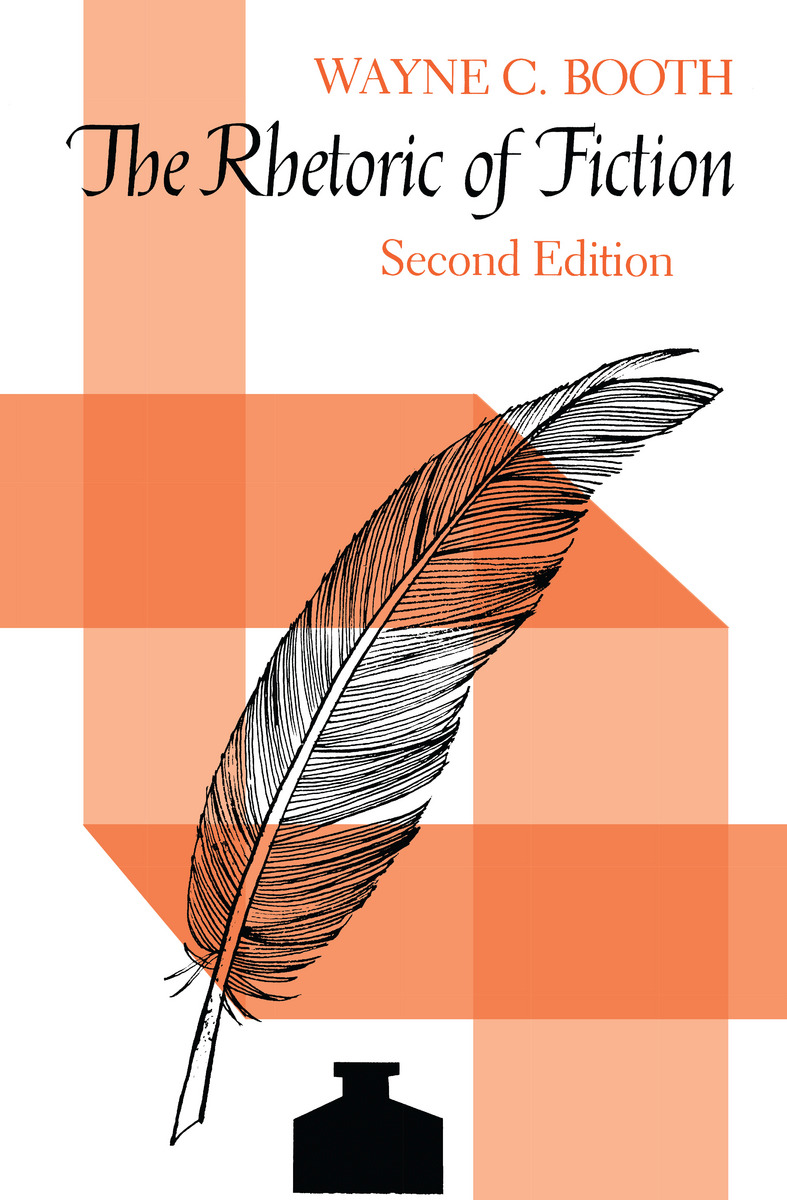
The Rhetoric of Fiction
The Rhetoric of Fiction is perhaps the most influential book in literary criticism ever published by the Press, and on the occasion of Wayne's 100 th birthday, the Press is pleased to share this selection from the conclusion of chapter 9. —James Chandler, William B. Ogden Distinguished Service Professor, Department of English, Department of.

The Rhetoric of Fiction by Wayne C. Booth
Let me illustrate from my own successive difficulties with one of the most ex- tensive critiques The Rhetoric of Fiction has received, "The 'Second Self' in Novel Criticism," by John Killham (British Journal of Aesthetics, July, 1966). Both in the irrelevance of what he says of me and in the inadequacy of my first response.
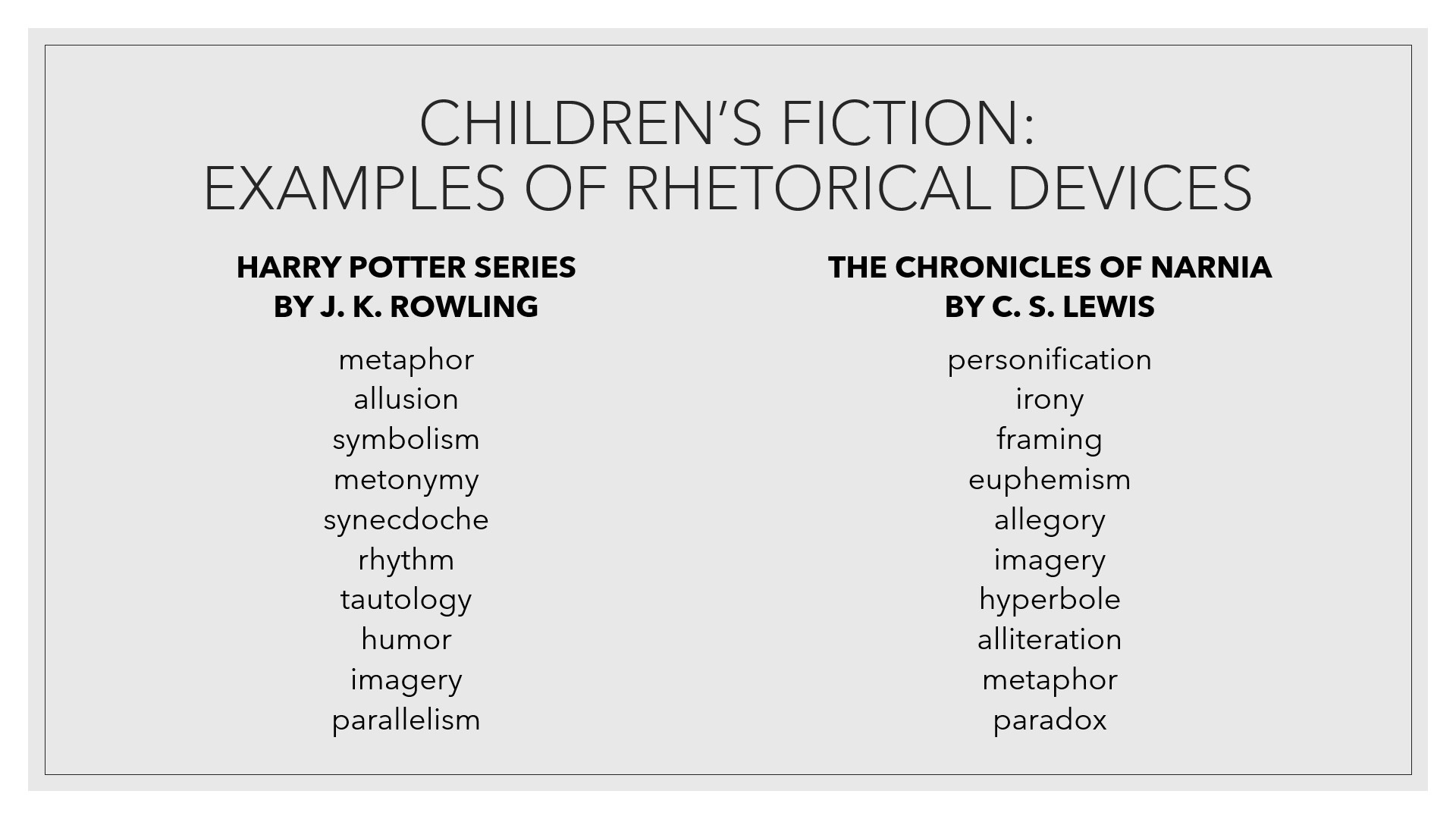
Unpacking the Process of Rhetoric Open English SLCC
The first edition of The Rhetoric of Fiction transformed the criticism of fiction and soon became a classic in the field. One of the most widely used texts in fiction courses, it is a standard reference point in advanced discussions of how fictional form works, how authors make novels accessible, and how readers recreate texts, and its concepts and terms—such as "the implied author," "the.
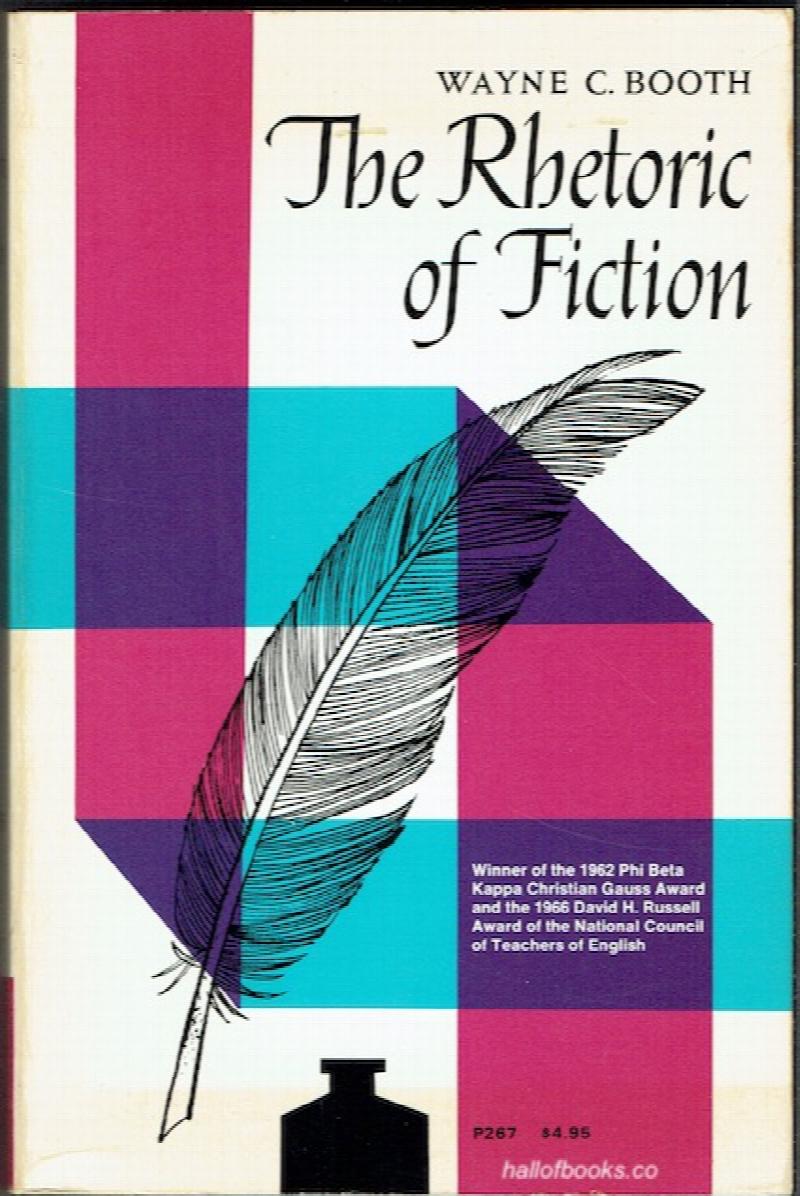
Hall of Books Home
The first edition of The Rhetoric of Fiction transformed the criticism of fiction and soon became a classic in the field. One of the most widely used texts in fiction courses, it is a standard reference point in advanced discussions of how fictional form works, how authors make novels accessible, and how readers recreate texts, and its concepts and terms—such as "the implied author," "the.

Map of the Rhetorical Relationships Between Genres Eugene Fischer
Wayne Clayson Booth (February 22, 1921, in American Fork, Utah - October 10, 2005, in Chicago, Illinois) was an American literary critic and rhetorician.He was the George M. Pullman Distinguished Service Professor Emeritus in English Language & Literature and the College at the University of Chicago.His work followed largely from the Chicago school of literary criticism.

Wayne C. Booth and The Rhetoric of Fiction Literary Theory and Criticism
The Rhetoric of Fiction (1961). 2nd ed. Chicago: University of Chicago Press, 1983. Introduction The Rhetoric of Fiction is Booth's first book length study and its impact on the critical world was astounding, many of the terms and ideas from The Rhetoric of Fiction have become a normalized part of the critical lexicon. The force of its reception is revealed by the unusual

The Rhetoric of Fiction by Wayne C. Booth
Wayne C. Booth. Penguin Books, 1991 - English language - 552 pages. How do novelists communicate with their readers and involve us with their characters? In this book, the author answers this question with analyses of many kinds of narrative - from Homer to Hemingway, from the Book of Job to James Joyce. He considers, for example, how Henry.
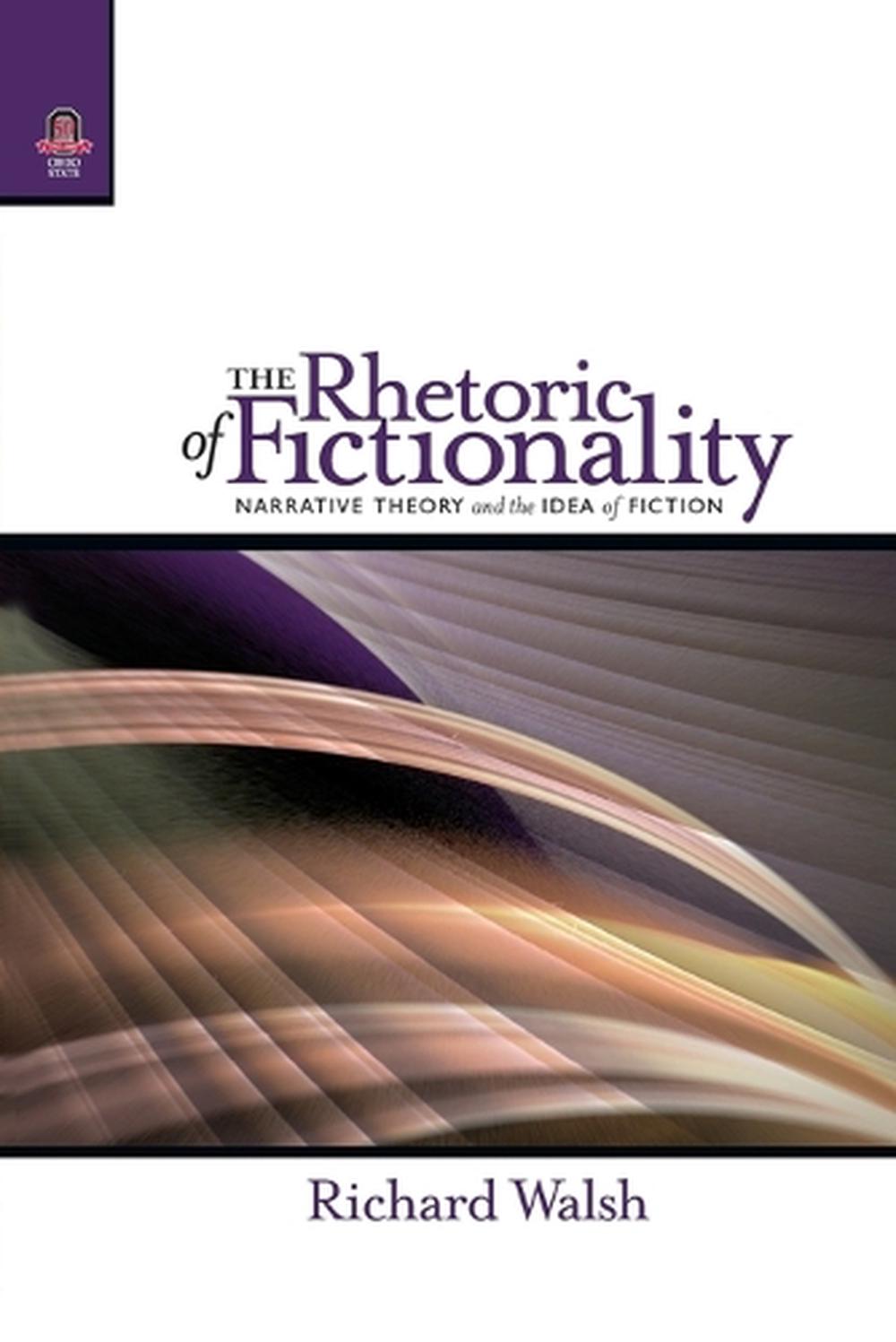
The Rhetoric of Fictionality Narrative Theory and the Idea of Fiction by Richar 9780814252475
The rhetoric of fiction by Booth, Wayne C. Publication date 1983 Topics Fiction -- Technique Publisher Chicago : University of Chicago Press Collection printdisabled; internetarchivebooks Contributor Internet Archive Language English. xix, 552 p. ; 21 cm Includes index Bibliography: p. 459-520 Access-restricted-item true Addeddate

Wayne C. Booth • The Rhetoric of Fiction Po angielsku Obcojęzyczne i do nauki języków
The first edition of The Rhetoric of Fiction transformed the criticism of fiction and soon became a classic in the field. One of the most widely used texts in fiction courses, it is a standard reference point in advanced discussions of how fictional form works, how authors make novels accessible, and how readers recreate texts, and its concepts and terms—such as "the implied author," "the.

writing literary devices
The first edition of The Rhetoric of Fiction transformed the criticism of fiction and soon became a classic in the field. One of the most widely used texts in fiction courses, it is a standard reference point in advanced discussions of how fictional form works, how authors make novels accessible, and how readers recreate texts, and its concepts and terms—such as "the implied author," "the.

What is Rhetoric? Department of Writing and Rhetoric
455 pages ; 24 cm "Rhetoric is the author's term for the means by which the writer makes known his vision to the reader and persuades him of its validity; and he demonstrates convincingly that there is no essential difference between ostentatiously rhetorical novelists like Fielding and Dickens, and the admired masters of impersonality--Flaubert, James, Joyce. this is a major critical work.
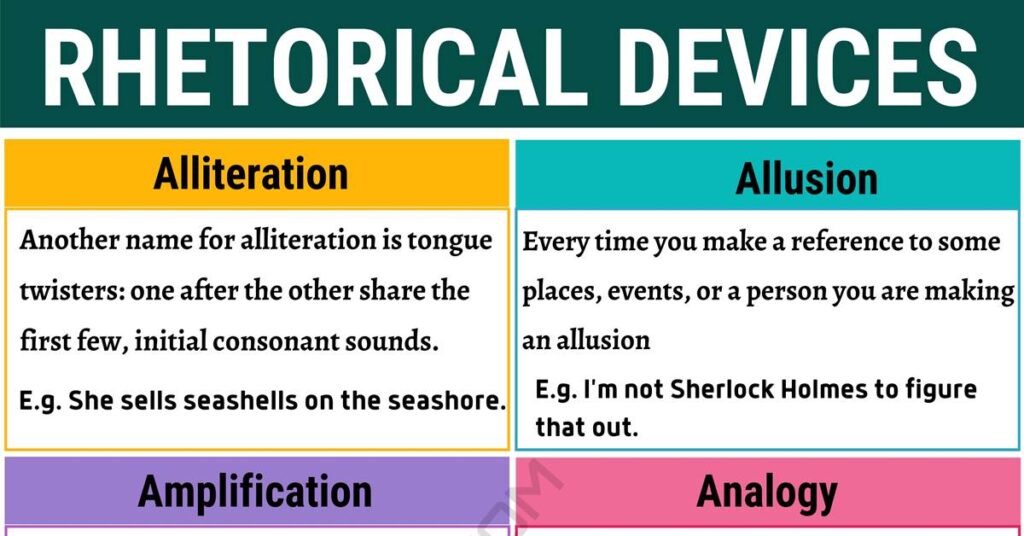
60+ Rhetorical Devices with Examples for Effective Persuasion • 7ESL
April 1, 2008. Created by an anonymous user. Imported from Scriblio MARC record . The rhetoric of fiction by Wayne C. Booth, 1961, University of Chicago Press edition, in English.

The Rhetoric of Fiction Wayne C Booth TRB Polytechnic English Elite English Academy YouTube
It's Time to Rewrite the Rules of Historical Fiction. Research has long been a backbone of the genre. But beyond the textbooks, there's a whole world of family stories that have not yet become.
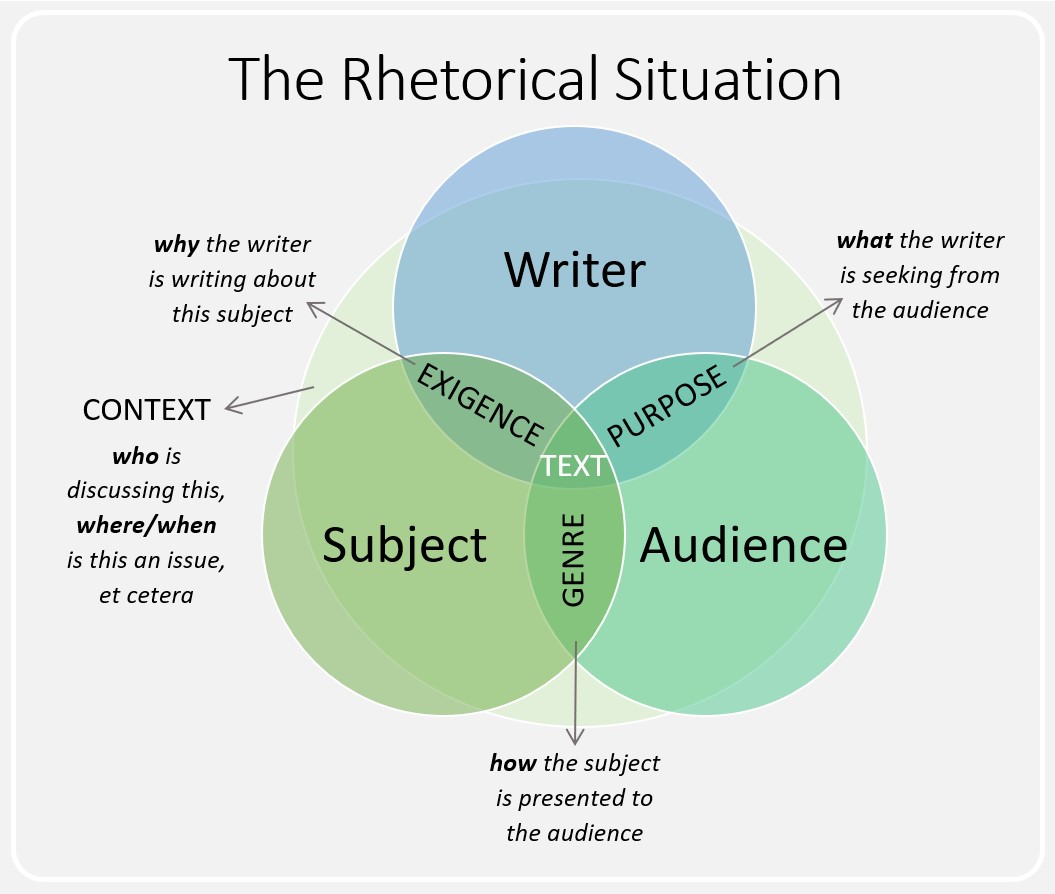
The Rhetorical Situation Open English SLCC
Other articles where The Rhetoric of Fiction is discussed: Wayne C. Booth: In his influential first book, The Rhetoric of Fiction (1961; rev. ed., 1983), Booth presented a detailed examination of narrative technique and introduced such terms as "implied author" and "reliable narrator." In 1974 he produced Modern Dogma and the Rhetoric of Assent, a plea for reasoned assent in the.
:max_bytes(150000):strip_icc()/What-is-a-Rhetorical-Situation-1692061-final-cc31234b7ab146f68c96e837423d7dca.png)
Rhetorical Situation Definition and Examples
Wayne C. Booth. 2d edition. The first edition of The Rhetoric of Fiction transformed the criticism of fiction and soon became a classic in the field. One of the most widely used texts in fiction courses, it is a standard reference point in advanced discussions of how fictional form works, how authors make novels accessible, and how readers.
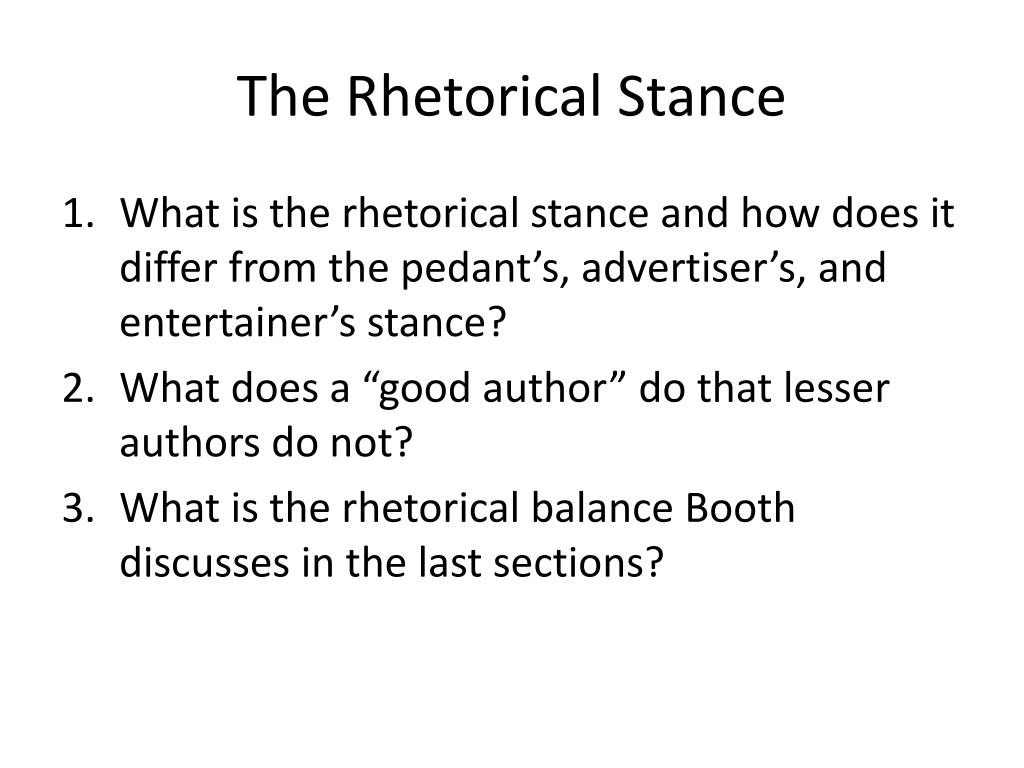
PPT Modern Rhetorics of Style PowerPoint Presentation, free download ID1868015
The rhetoric of fiction. Artistic purity and the rhetoric of fiction. Telling and showing ; General rules, I: "True novels must be realistic" ; General rules, II: "All authors should be objective" ; General rules, III: "True art ignores the audience" ; General rules, IV: Emotions, beliefs, and the reader's objectivity ; Types of narration.